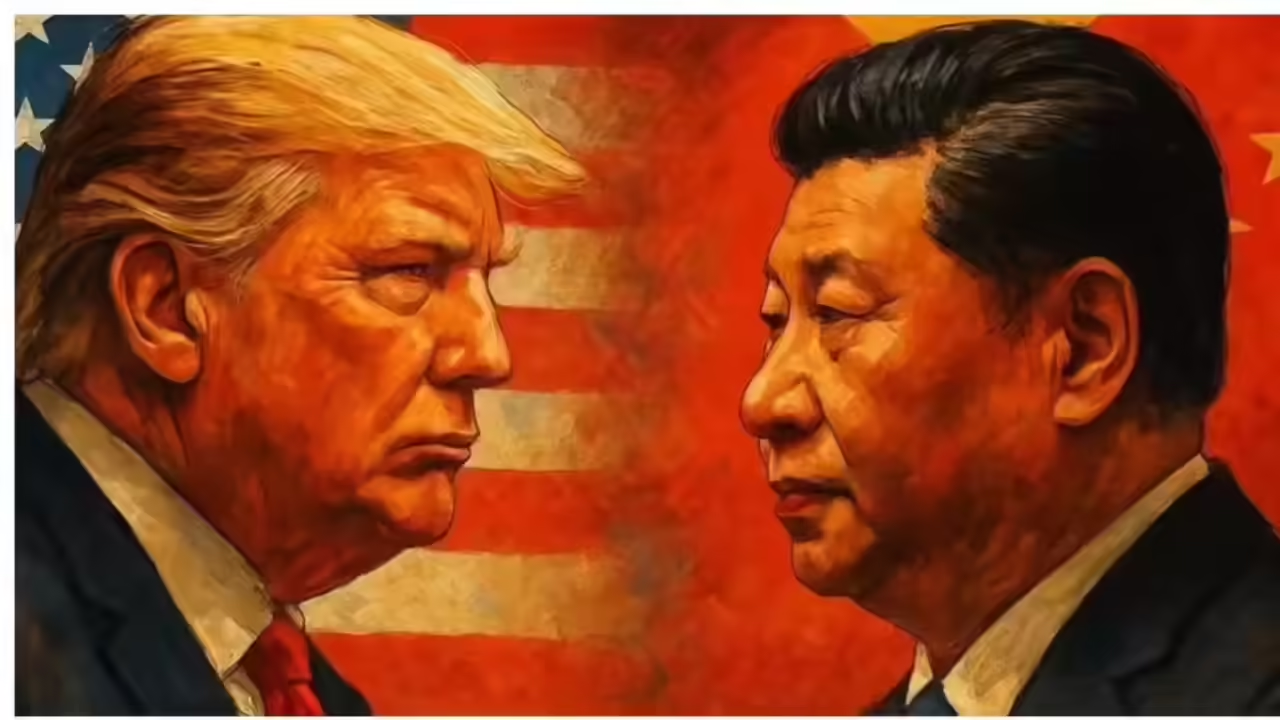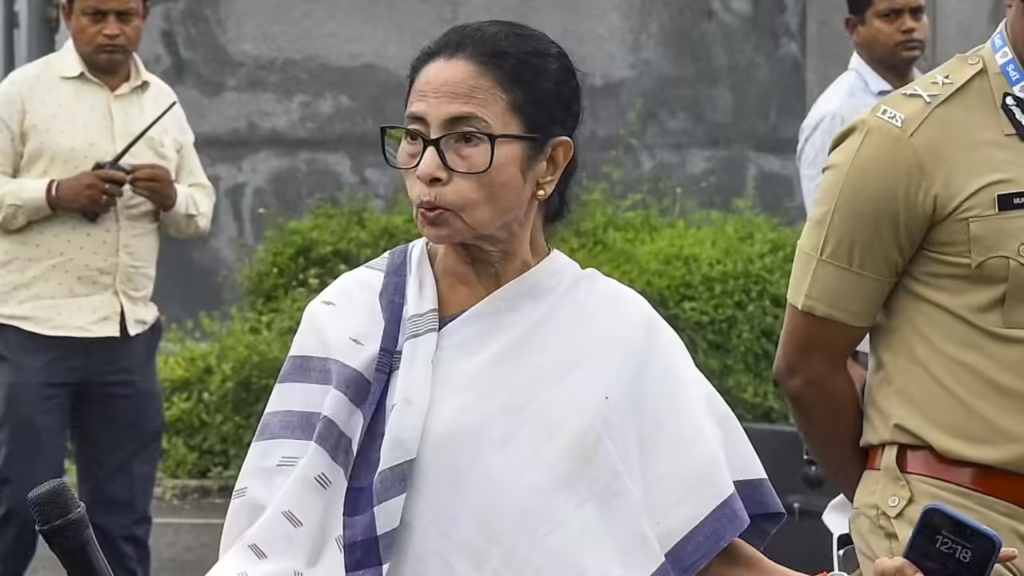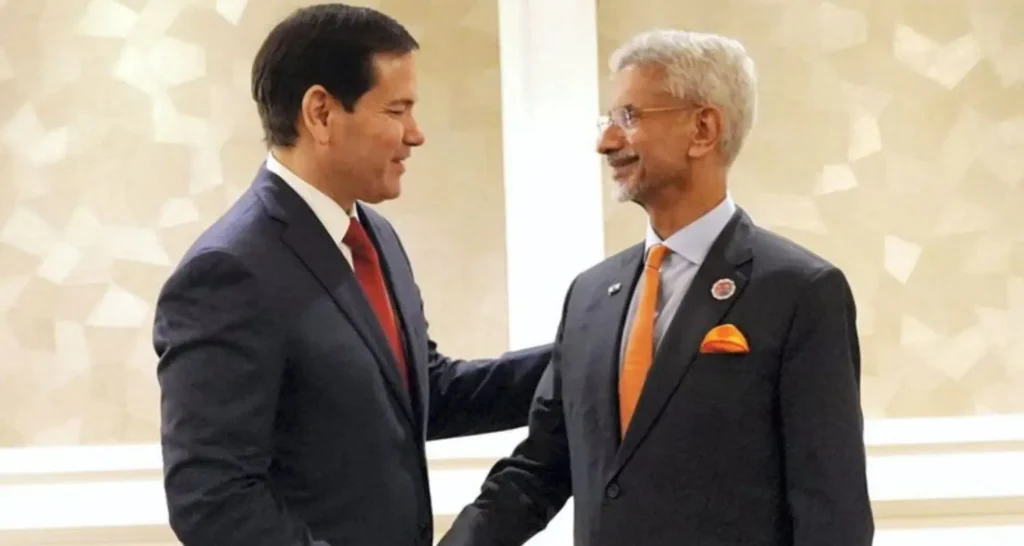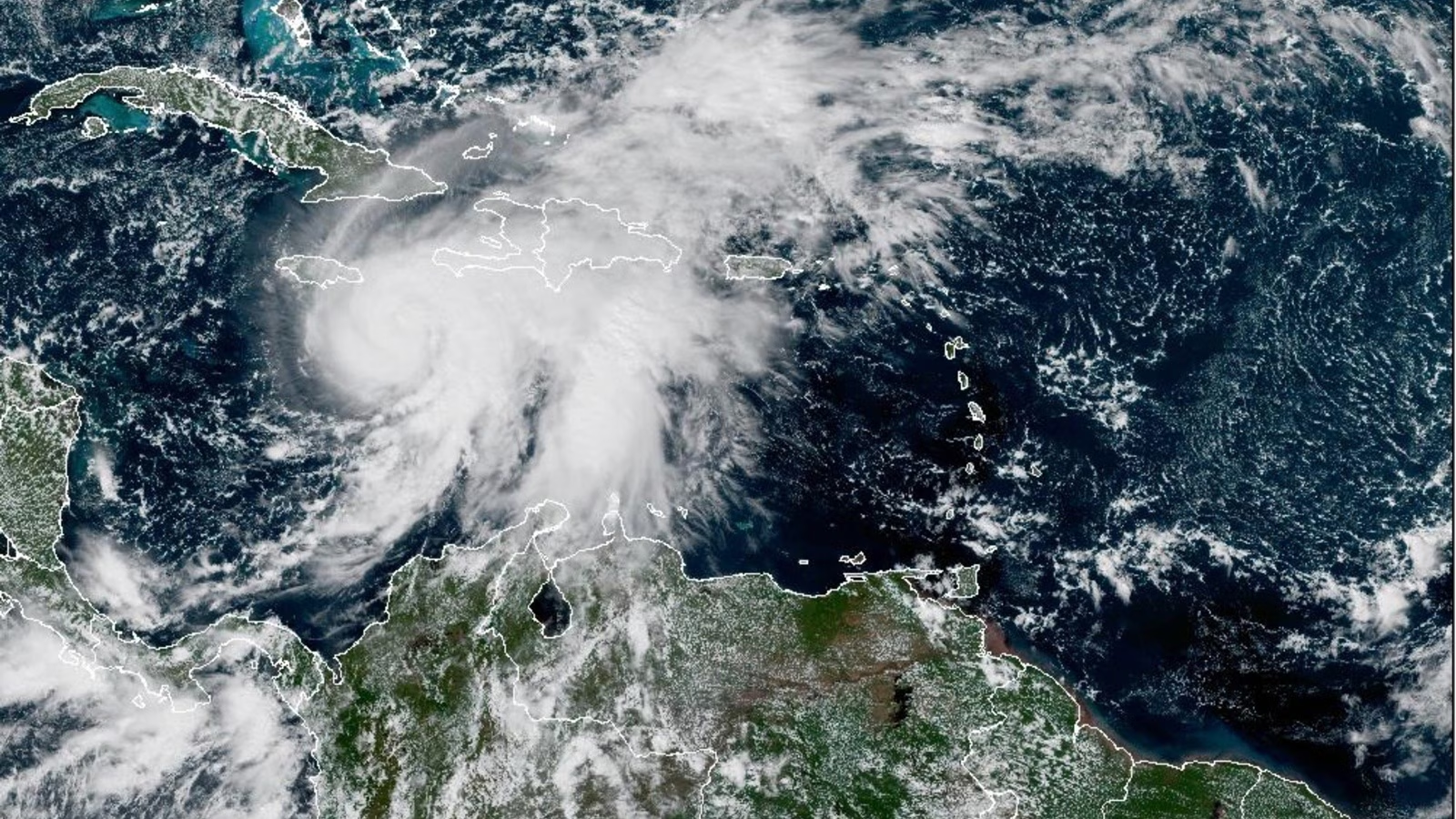Now Reading: China Slams ‘Law of the Jungle’ After US Rules Out 100% Tariff, Trade Tensions Stay High
-
01
China Slams ‘Law of the Jungle’ After US Rules Out 100% Tariff, Trade Tensions Stay High
China Slams ‘Law of the Jungle’ After US Rules Out 100% Tariff, Trade Tensions Stay High

China has sharply criticised what it called the “law of the jungle” in global trade, a day after the United States clarified that a proposed 100% tariff on certain Chinese goods was off the table for now. The exchange highlights the continuing tension between the world’s two largest economies, despite ongoing diplomatic efforts to stabilise trade relations.
Chinese officials accused Washington of using economic pressure and trade barriers to maintain dominance in global markets. According to Beijing, such practices undermine fair competition and threaten the principles of multilateral trade that major economies should uphold. The statement also hinted that China would take necessary measures to safeguard its economic interests if trade restrictions persist.
On the other hand, the US has maintained that its trade actions are aimed at protecting domestic industries from unfair competition, particularly in sectors like electric vehicles, solar panels, and semiconductors. While the decision not to impose a 100% tariff offers some relief to global markets, experts believe tensions are far from resolved.
Economists suggest that both nations are trying to balance assertive postures with practical cooperation, especially as global supply chains remain fragile. The US and China continue to rely on each other for technology, manufacturing, and consumer goods, making a complete economic decoupling unlikely.
For India and other developing economies, the ongoing trade friction presents both opportunities and risks. While supply chain shifts could attract new investments into India’s manufacturing sector, volatility in global trade policies could impact export competitiveness and pricing.
In essence, the latest remarks from Beijing serve as a reminder that the US-China trade rivalry is entering a more strategic phase—where rhetoric, tariffs, and alliances all play a role in shaping the next era of global economic power.

























